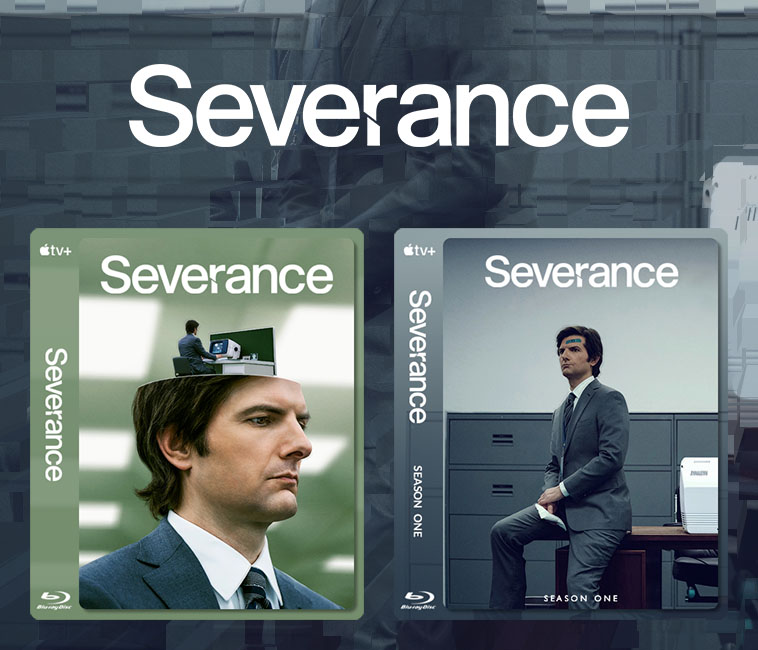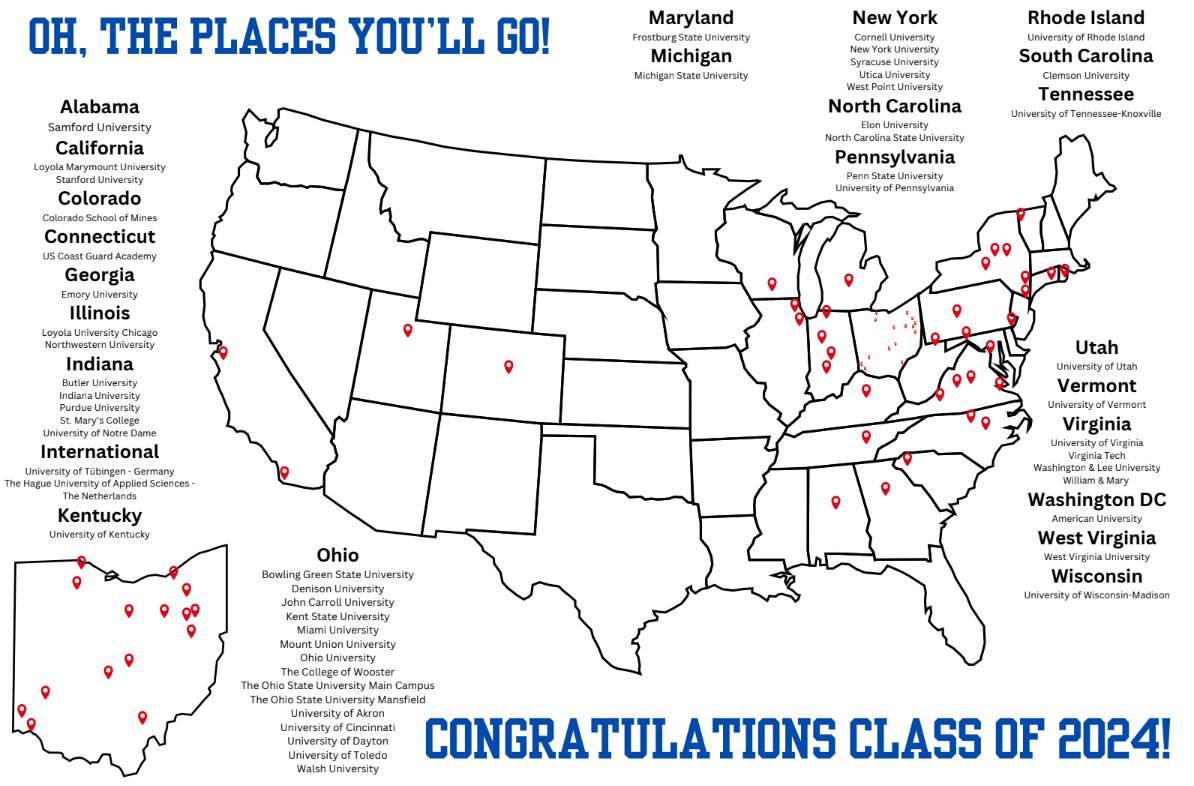In 2022, the happiest countries in the world were found to be Finland, Denmark, Iceland, Switzerland and the Netherlands. What do all of these countries have in common? Among other things, they all have universal healthcare, and have had it since the mid 20th century.
The American debate over healthcare reform has spanned several decades. The largest healthcare discourse in recent history was sparked by former President Barack Obama’s Affordable Care Act (aka Obamacare). Many opposed it for financial reasons, others because they didn’t trust the government and wanted limited government involvement in healthcare. Of course these fears are valid, but they were taken to unreasonable extremes, and the solutions are not hard to find.
It is true that with a population as large as the US’s, free healthcare is not the easiest thing to realize. Opinions vary wildly from region to region, and the government is already fairly involved in many other aspects of life, which a large number of Americans view unfavorably. Providing healthcare to over 300 million people would require higher taxes and greater mandatory spending within the federal budget.
But the United States also ranks highly for the number of billionaires living here. America is home to people like Elon Musk, Jeff Bezos, Mark Zuckerberg, Bill Gates and Warren Buffet, among others. These men have hundreds of billions of dollars at their disposal, and they are only the top few. There are over 700 billionaires living in the US as of 2022. For comparison, the mean US individual income is roughly $60,000. If there were fewer disgustingly wealthy individuals who pay US taxes, then the argument that universal healthcare is impossible because it would cost citizens too much would be reasonable. Yet there are, again, over 700 people who have more than one billion dollars, each one required to pay taxes to the US government.
How much are they paying in income taxes? Well, since they gain much of their money through investment and not the profits of whatever company they control, a sizable portion of their assets are not counted towards income taxes. They are also able to count things like donations to non-profit organizations as write-offs. A ProPublica report showed that the 25 wealthiest Americans paid only 3.4% in federal income taxes. Higher taxes for the rich – the rich rich, not people with a couple million dollars – would make a large difference in how much regular Americans would have to pay for universal healthcare.
According to Forbes, 23 million (one in ten) US adults have unpaid medical debt that amounts to around $195 million. Paying off these debts can take years as they range from $250 to more than $50,000.
Another argument against universal healthcare would be that the reason US care is so good is because it’s not free. This is true, but having universal healthcare would not necessarily make all medical care free. The best course of action would be to make life-saving procedures and care accessible to all who need them. Expenses for mental health care and procedures that are not needed immediately would make up a second tier of coverage in which costs would still be reduced, just less so. The third tier would consist of procedures that are not necessary to live but would make life easier or more comfortable.
Not all care would need to be covered by universal healthcare. Private care could still exist, but everyone deserves access to basics like routine check-ups and dental exams. Preventative care is very important as well, and many deaths could be avoided by making it affordable for everyone to get screenings and tests. Giving birth in a hospital can go up to nearly $19,000, and even an ambulance ride can cost you over $1000 without insurance. Some people can afford those prices, but many others can not, and whether or not someone lives or dies should not be determined by their wealth.
A study by researchers from Harvard found that 44,789 deaths are caused by not having health insurance each year. Critics claim that universal healthcare would limit freedoms since the government would be taking a more active role in individual healthcare, but really would give more people a chance to live. Universal health care could save so many people – health-wise and financially. There are reasonable concerns surrounding universal healthcare, but it just makes sense for those with resources to shoulder some of the ‘burden’ of improving the quality of their fellow citizens.



























